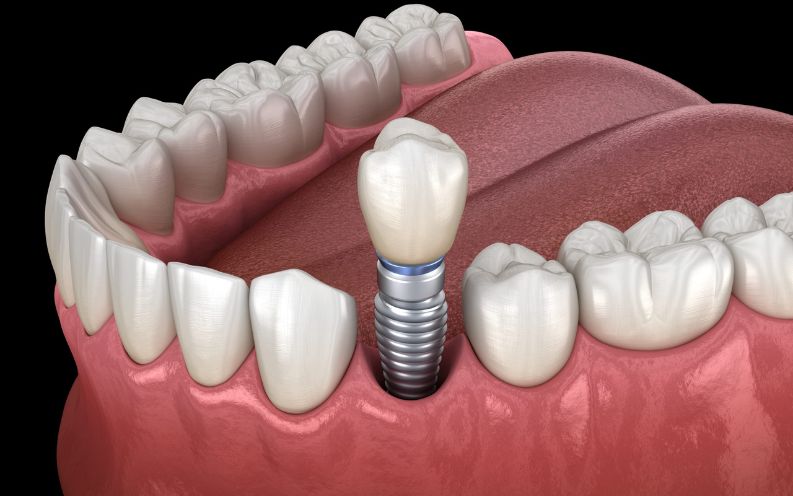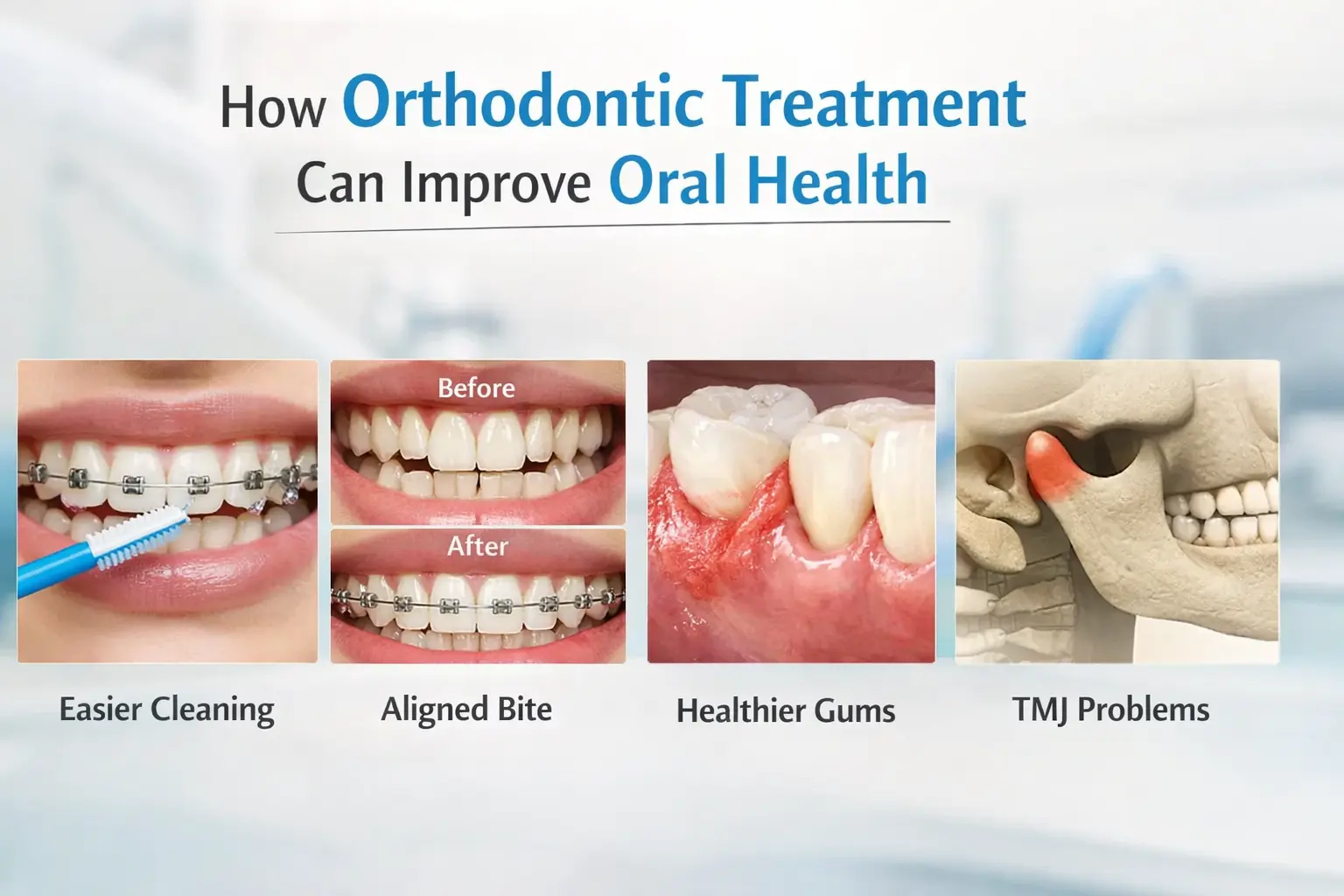
April 22, 2025
Dental Implants
Dental implants are known for their durability and success—but what if yours starts acting up? Could that discomfort or swelling be a red flag? Recognizing the early signs of implant failure can save you from more extensive treatment down the road. Whether your implant was placed months or years ago, knowing what’s normal and what’s not can make all the difference.
Let’s break down the 8 warning signs that your dental implant might be failing—and what you can do about it.
How To Detect a Dental Implant Failure?
1. Constant Pain or Discomfort
Some discomfort is normal right after the implant procedure, but pain that lingers or worsens over time is not.
- Sharp or throbbing pain around the implant site.
- Pain while chewing or biting.
- Discomfort that spreads to surrounding teeth or jaw.
Take Action: Don’t ignore ongoing pain. It could indicate infection, bone loss, or improper implant integration.
2. Gum Inflammation or Swelling
Healthy gums should look pink and feel firm around the implant. Redness or swelling is a sign of trouble.
- Puffy, tender gums near the implant.
- Bleeding when brushing or flossing.
- Visible gum recession exposing the implant.
3. Movement or Looseness
Dental implants in Vernon, CT, should feel just like a natural tooth—solid and secure. Any movement is a major warning sign.
- Slight shifting when biting.
- A feeling that the implant is “wobbling”.
- Looseness of the crown or post.
4. Having a Hard Time Chewing
If chewing becomes uncomfortable or uneven, your implant may not be functioning as it should.
- Pressure or sensitivity while chewing.
- Avoiding one side of the mouth.
- Pain with hard or chewy foods.
5. Pus or Discharge
Pus is your body’s way of fighting infection—and it has no place near a dental implant.
- Unpleasant tasting discharge.
- Swelling with drainage.
- Gum abscess near the implant.
According to the American Academy of Implant Dentistry, around 5–10% of dental implants fail, and infections like peri-implantitis are among the most common causes.
6. Bad Breath or Unpleasant Taste
If brushing and flossing don’t fix the bad taste or smell, bacteria may be building up around your implant.
- Persistent bad breath (halitosis).
- Metallic or sour taste.
- Odor coming from the implant site.
7. Receding Gums or Visible Implant Threads
You should never be able to see the metal part of your implant. Gum recession could signal a deeper issue.
- Exposure of the implant post.
- Shrinking gum line.
- Gaps between the implant and surrounding gum.
8. Fever or General Malaise
In rare cases, an implant-related infection can affect your overall health.
- Low-grade fever.
- Fatigue or body aches.
- Swollen lymph nodes.
Then, What Should You Do Next?
If you notice one or more of these symptoms, early intervention is key. Here’s what to do:
- Contact an implant dentist immediately.
- Avoid chewing on the affected side.
- Practice impeccable oral hygiene.
- Don’t attempt to “wait it out”—it usually gets worse.
Don’t Wait for Trouble to Escalate!
A failing dental implant doesn’t always mean starting from scratch—but ignoring the signs can. Regular checkups, proper hygiene, and early attention to changes can preserve your investment and your smile.
Don’t forget that If something feels off, it probably is. Trust your instincts and reach out to our dentist at the first sign of trouble.
Recent Posts

Top 5 Reasons Vernon Residents Should Consider Early Airway Orthodontic Screening

How Orthodontic Treatment Can Improve Oral Health

Top Cosmetic Dental Procedures Available in Vernon, CT

How Veneers Address Structural Imperfections Like Chips And Small Gaps

